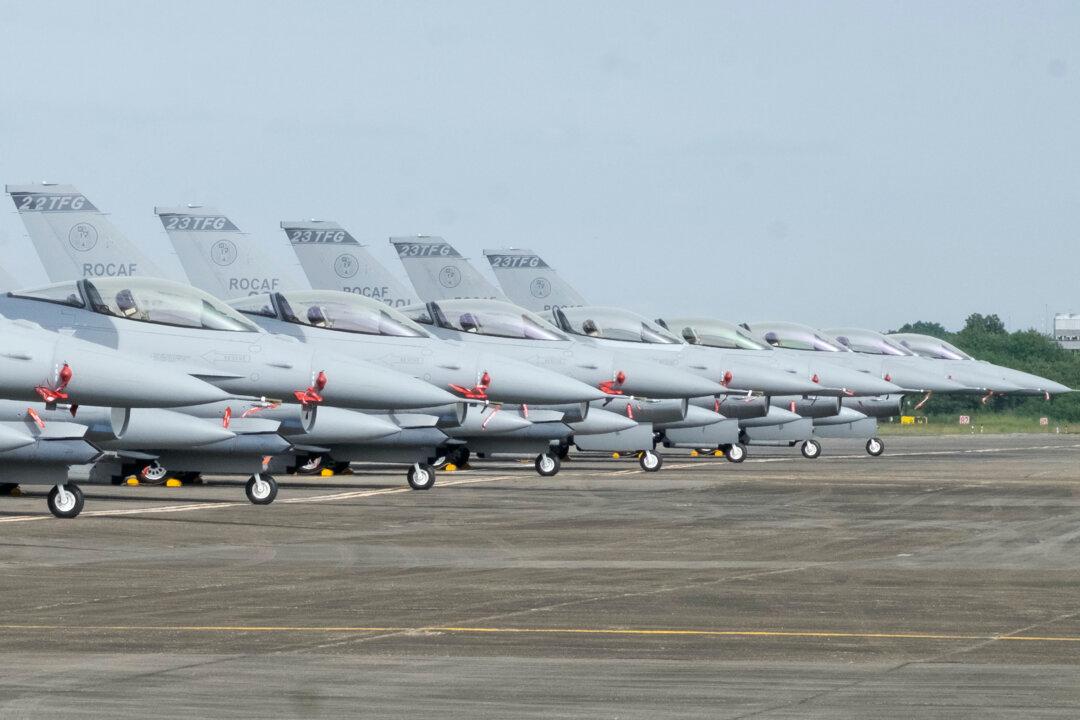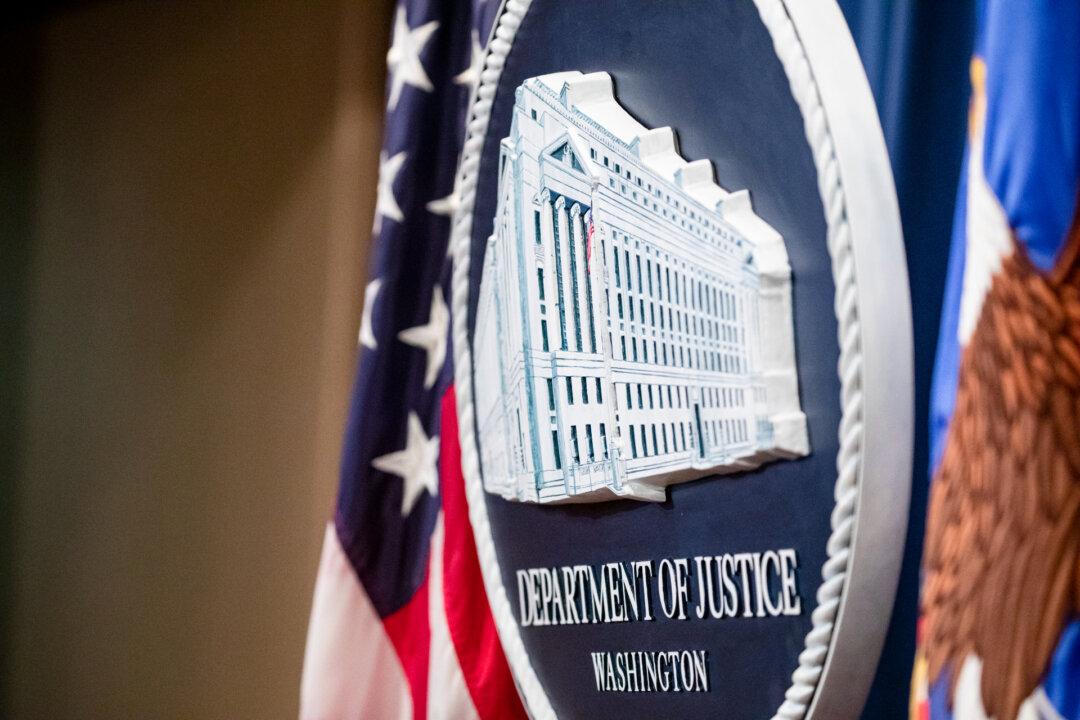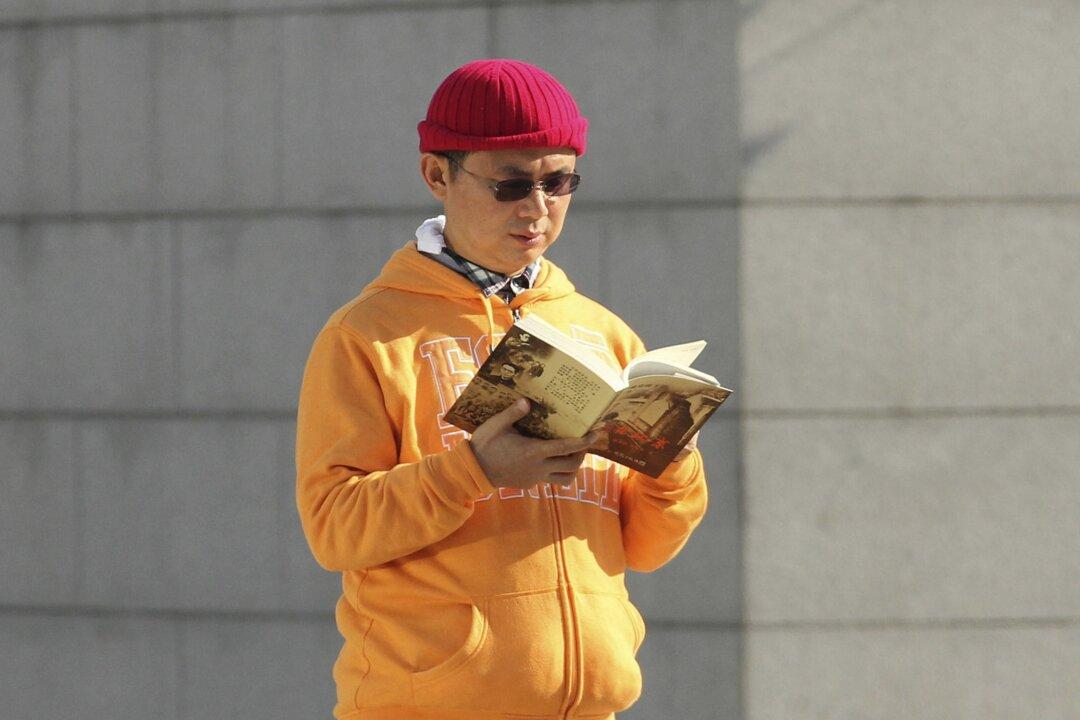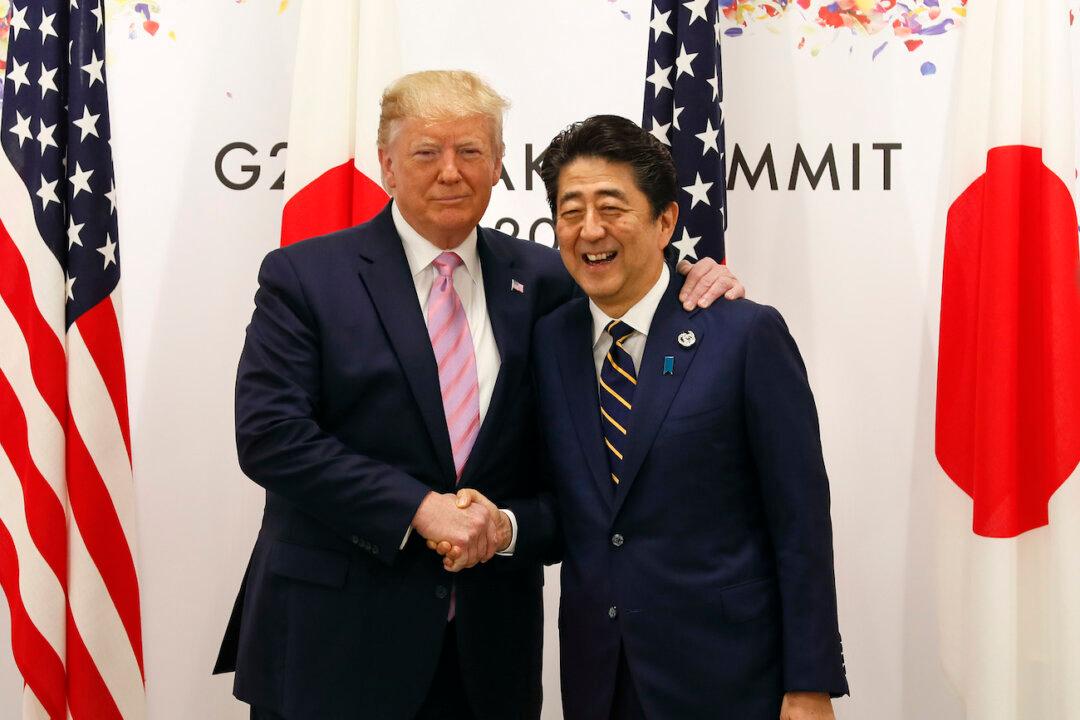There are signs that Beijing has doubled down on its spying efforts in Taiwan in recent years amid rising tension across the Taiwan Strait. Analysts have expressed both concern and optimism.
In the past decade, at least 21 serving or retired Taiwanese officers with the rank of captain or above have been convicted of spying for China, according to a Reuters review of court records on Dec. 20 and reports from Taiwan’s official news agencies. At least nine other serving or retired members of the armed forces are currently on trial or being investigated on suspicion of contacts with spies from China, the review shows.





